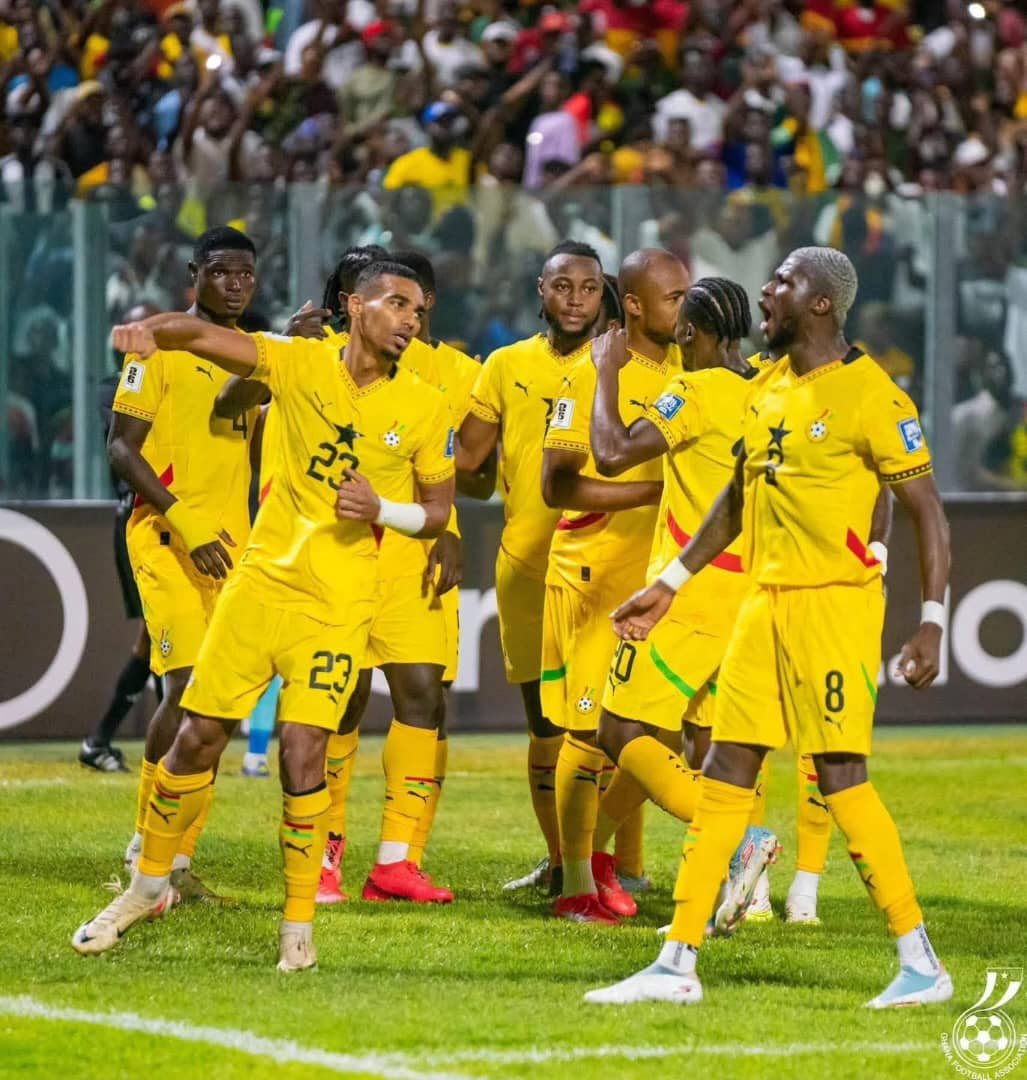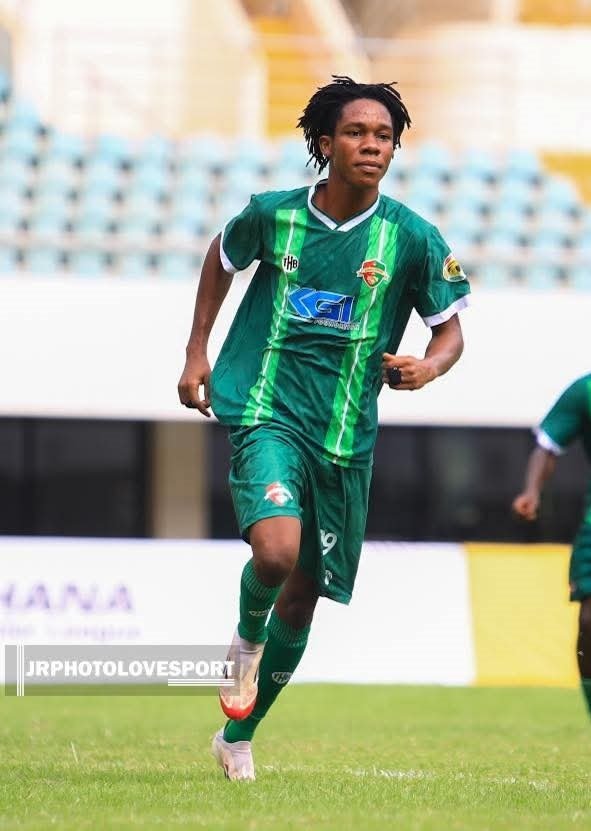Sports
FIFA, WHO, European Commission launch #SafeHome campaign
FIFA, the World Health Organization (WHO) and the European Commission have joined forces to launch the #SafeHome campaign to support women and children at risk of domestic violence.
The campaign is a joint response from the three institutions to the recent spikes in reports of domestic violence as stay-at-home measures to prevent the spread of COVID-19 have put women and children experiencing abuse at greater risk.
Almost one in three women worldwide experience physical and/or sexual violence by an intimate partner or sexual violence by someone else in their lifetime. In a majority of cases, that violence is committed by a partner in their home – indeed, up to 38 per cent of all murders of women are committed by an intimate partner.
It is also estimated that one billion children aged between two and seventeen years (or half the world’s children) have experienced physical, sexual, or emotional violence or neglect in the past year.
There are many reasons why people perpetrate domestic violence, including gender inequality and social norms that condone violence, childhood experiences of abuse or exposure to violence and coercive control growing up. Harmful use of alcohol can also trigger violence.
Stressful situations, such as those being experienced during the COVID-19 pandemic and economic instability, exacerbate the risk. Moreover, the current distancing measures in place in many countries make it harder for women and children to reach out to family, friends and health workers who could otherwise provide support and protection.
“Together with the World Health Organisation and the European Commission, we are asking the football community to raise awareness to this intolerable situation that threatens particularly women and children in their own home, a place where they should feel happy, safe and secure,” said FIFA President Gianni Infantino.
“We cannot stay silent on this issue that negatively affects so many people. Violence has no place in homes, just as it has no place in sports. Football has the power to relay important social messages, and through the #SafeHome campaign, we want to ensure that those people experiencing violence have access to the necessary support services they need.”
The five-part video awareness campaign features 15 past and present footballers: Álvaro Arbeloa, Rosana Augusto, Vítor Baía, Khalilou Fadiga, Matthias Ginter, David James, Annike Krahn and Marco Materazzi. The rest are Milagros Menéndez, Noemi Pascotto, Graham Potter, Mikaël Silvestre, Kelly Smith, Óliver Torres and Clémentine Touré – who have all stressed their support in addressing this critical issue. – FIFA.com
Sports
Otto Addo sets sights on strong 2026 FIFA World Cup start

Otto Addo is taking a calm and focused approach to the World Cup after being drawn against England, Panama, and Croatia in Group L.
“I look forward to every game as special,” he told ghanafa.org.
“Very important for us that we don’t underrate any team. For sure, England is the favourite in that group,” he acknowledged. “But for me as a coach, to be honest, I’m looking at each and every game equally.”
Addo is particularly focused on getting a strong start against Panama. “I’m hoping that we have a good start against Panama, that will be very, very crucial,” he said. “It will make the other games a little bit more relaxed and easier for the players psychologically. We will use the window of March for test matches, and then see,” he said.
Despite being a young team, Addo is proud of his squad’s progress. “I think we did very well in the qualifiers ” he said. “We didn’t lose a single official game, like the qualifying games, we did very well. We just played one draw and the rest we won, so we had quite a good year in 2025, after a bad year in 2024’’.
“Even though we have a very young team, we really, really did well, had a good harmony in the team, good union,” he added.
Ghana will open their FIFA World Cup campaign against Panama in Toronto on June 17 before facing England and Croatia in the other Group L matches on June 23 and 27 respectively.
Sports
Karela United Can Upset Hearts in Tamale

The unbeaten away run of Accra Hearts of Oak will be put to the test tomorrow when they visit the Aliu Mahama Sports Stadium in Tamale to play as guests of Karela United. Described as one of the top-liners of the weekend games, the match will pitch one of the best home teams against the best away team, with their records on the line.
After playing a pulsating 2-2 draw with Kumasi Asante Kotoko last week, league leaders Medeama SC return to their fortress, the TnA Stadium, to welcome Berekum Chelsea FC in a clash of former league winners. Medeama have struggled in recent times to hold their own against the ‘Bibires’, losing their last four games both home and away.
However, according to Head Coach of Medeama, Tanko Ibrahim, that sequence of results will come to an end tomorrow as they look to crawl out of the claws of their opponents with victory. Eleven points separate the sides, with Berekum Chelsea lying a distant 14th position on the log. They have been a pale shadow of themselves this season, and it remains to be seen if Coach Samuel Boadu’s side can keep the bragging rights over the Yellow and Mauves in what has been described as one of their worse starts to a league season.
Today, second-placed Kpando Heart of Lions will trek to the Kwame Kyei Sports Complex in Abrankese to play as guests of struggling Nations FC. Having suffered a 1-0 away loss to Basake Holy Stars in their last game, Nations FC would look to pick all three points to better their current 12th position.
In other games, the Hohoe Sports Stadium will come alive as new boys Hohoe United FC welcome Kumasi Asante Kotoko. The Nii Adjei Kraku II Sports Complex in Tema will host the Vision FC versus Young Apostles FC game, the Tuba Astro Turf will host the Dreams FC versus Bechem United FC clash, while the Nsenkyire Sports Arena will host the Samartex FC versus Bibiani Gold Stars game. High-riding Aduana FC will sort things out with Basake Holy Stars at the Nana Agyeman Badu I Park in Dormaa.
By Raymond Ackumey







